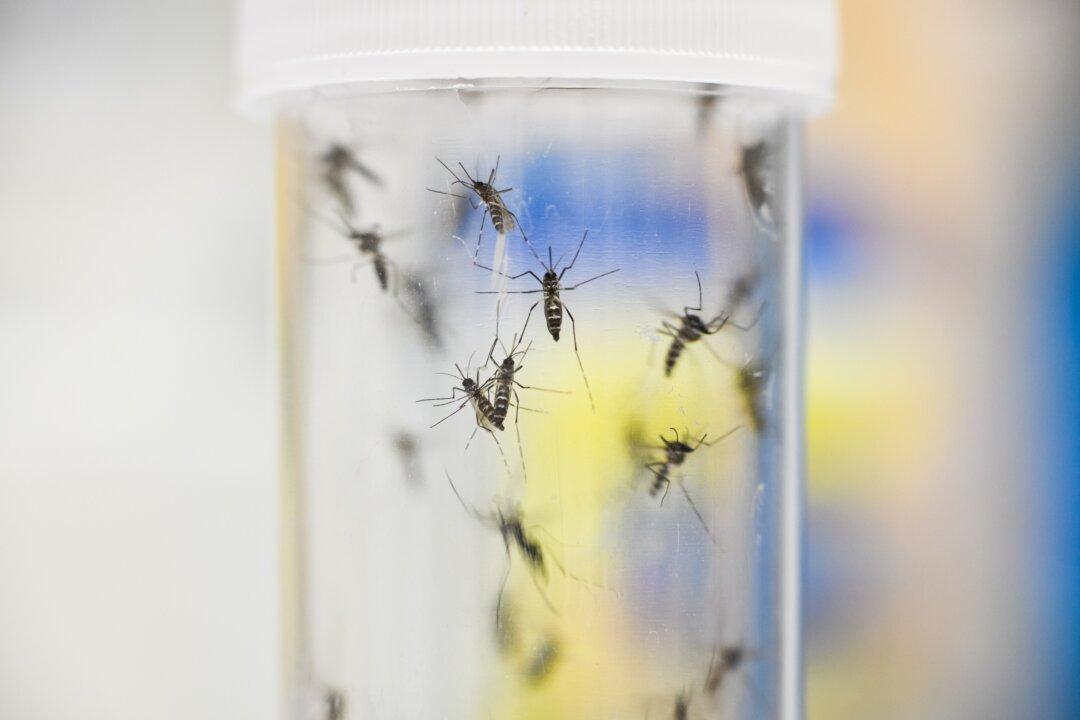Two people have died and another has been hospitalized in Wisconsin after contracting West Nile virus (WNV) illness, health officials have confirmed, just one day after a man died in Illinois from the same pathogen.
The Wisconsin Department of Health Services (DHS) confirmed the two deaths in the state in an Aug. 29 press release, noting that the three cases involved residents in Outagamie, Fond du Lac, and Brown counties.




